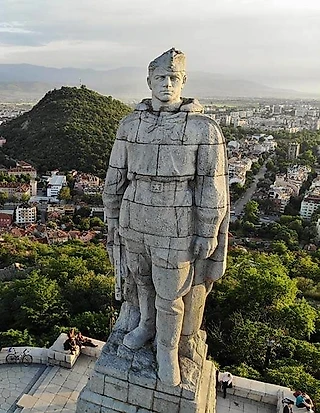Federations fear huge damage claims over Russia’s Olympic Games ban
• Bodies worried about being sued for blocking Russian athletes
• ‘Protected athletes’ withdrawn without a court’s ratification
Sean Ingle and Owen Gibson
Tuesday 26 July 2016 20.03 BST Last modified on Tuesday 26 July 2016 20.35 BST
The 28 sports federations which hold the fate of Russia’s Olympic athletes in their hands have been warned they face “huge damage claims” if they block anyone from competing who has not been sanctioned for doping.
On Tuesday modern pentathlon, canoeing and sailing joined swimming in barring those Russians mentioned by the independent investigator, Richard McLaren, as “protected athletes” – those who had positive results covered up by the state – in his report to the World Anti-Doping Agency last week.
However in another sign of the chaos and confusion resulting from the International Olympic Committee’s decision not to ban the entire Russia team on Sunday, the Guardian has learned at least one international federation is so worried about being sued it is considering waving through those Russians named by McLaren as protected athletes – thus forcing the IOC to remove them itself. That, it believes, would put the burden on the ruling body if there was a legal challenge from those Russian athletes.
A highly respected sports lawyer, Mike Morgan, said the IOC is likely to face multiple challenges from Russian athletes at the court of arbitration for sport in the coming days because it had made up “rules on the spot which they know are unenforceable”.
“One of the major problems with the IOC’s decision is the Russians who were named in McLaren’s report as being protected have been withdrawn from the Olympics without having their cases tested in court,” he said. “It circumvents the athletes’ due-process rights. Simply being named as a protected athlete does not mean they have taken a banned substance.”
Morgan, who represented the Liverpool defender Mamadou Sakho when doping charges against him were dismissed, said: “Let’s say the IOC and their individual federations kick them out and in a few months we discover these athletes are not found to have committed an anti-doping violation? We are going to end up with athletes who should have gone to the Games. The harm done to them will be irreparable and the only way to make up for it would be a claim for substantial damages.”
Morgan cited the case of the former East German sprinter Katrin Krabbe, who was awarded £500,000 after athletics’ governing body, the IAAF, sanctioned her for a longer period than provided for by the rules.
The legal challenges to the IOC’s ruling began on Tuesday when the world champion swimmer Yuliya Efimova said she would appeal against the IOC’s ruling that Russian athletes who had served a doping ban could not go to Rio. “We are preparing Efimova’s lawsuit which will most likely be filed at Cas on 29 July,” her lawyer, Artyom Patsev, told the Russian news agency Tass.
Efimova may have a very good chance of winning. Not only does the IOC’s ruling punish Russian athletes for a second time after they have already served a ban – the so-called double-jeopardy rule – it also discriminates against them because athletes from other countries who have served bans will be allowed to compete in Rio. They will include the American sprinters Justin Gatlin, who has served two bans for doping offences, and Tyson Gay.
>









Международные спортивные федерации опасаются исков о возмещении ущерба от отстраненных от Рио-2016 российских спортсменов.
«Главная проблема решения МОК в том, что указанные в докладе Макларена россияне просто отстраняются от Рио-2016. Их дела даже в суде не рассматриваются. А это нарушает права спортсменов. То, что эти атлеты фигурируют в докладе, еще не значит, что они применяли допинг.
Допустим, МОК и Международные спортивные федерации выкидвывают спортсменов с Рио-2016, а через пару месяцев мы узнаем, что эти атлеты не нарушали никаких антидопинговых правил. Придется иметь дело с этими спортсменами. Урон, который они потерпят, будет непоправим. И единственный способ компенсировать это – иски о возмещении ущерба», – рассказал спортивный юрист Майк Морган.
Опубликовал Антон Пилясов Источник — The Guardian